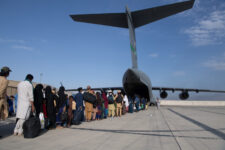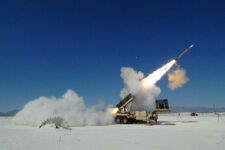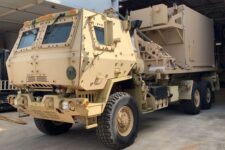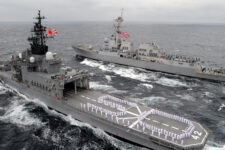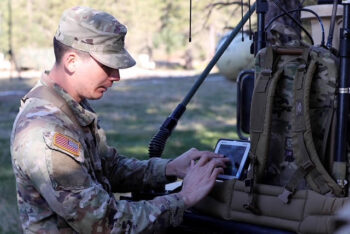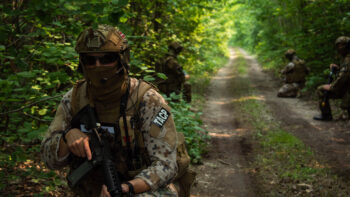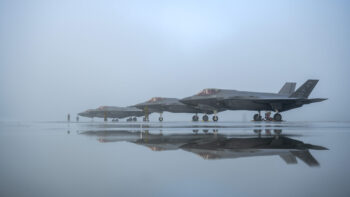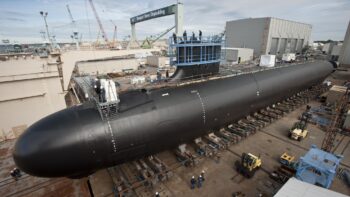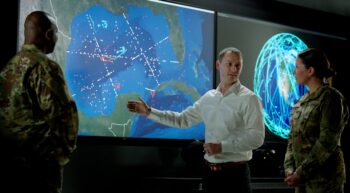
CAPITOL HILL: Afghanistan won’t go downhill like Iraq, the next Marine Corps Commandant told the Senate Armed Services Committee, because the US isn’t withdrawing in the same precipitous way. In fact, we’re not withdrawing, just transitioning.
“I was one of the thousands of Marines who served in the Anbar province,” now fallen to the Islamic State, said Gen. Joseph Dunford, who until recently served as the commander in Afghanistan. “The biggest difference is we have an opportunity to do a transition in Afghanistan, a proper transition… a responsible transition, as opposed to a withdrawal.”
“In Iraq, we withdrew,” Dunford said. “We knew when we left Iraq there was work remaining to be done” to set both the security forces and the political system on a stable footing, but the breakdown of negotiations led to a complete withdrawal. Whether Iraqi intransigence or Obama administration half-heartedness was to blame, that left the Shia-dominated government without US advisors to professionalize its forces or rein in abuses, sowing seeds of the current Sunni revolt.
By contrast, the current plan is for 9,800 US troops – including 1,000 full-time counterterrorist raiders, the rest being advisors, security, and support personnel – and 4,000 NATO troops to remain in 2015. The problem is their remaining depends, much as it did in Iraq, on signing a Bilateral Security Agreement (BSA). The legislature and both leading presidential candidate have agreed, but a bitterly disputed election means it’s not clear which candidate – if either – will be in office in time to sign it.
But Dunford told the senators he was confident in a deal made this weekend to “audit” the results (rather than hold a whole new election) will produce both a clear winner and a loser who’ll accept having lost. “We began yesterday to gather the ballots in accordance with the agreement that was made over the weekend,” he said.
Whatever the outcome in Afghanistan, Dunford will have gone on to be the next Commandant of the Marine Corps. What’s more, the tone of the questions suggests that he will enter the job with far more political capital than the battered outgoing Commandant, Gen. James Amos. From his carefully framed spoken and written answers to the committee’s questions, however, Dunford gave no sign he’d steer the Marines in a substantively different direction on such key issues as their recently issued Expeditionary Force 21 doctrine or Amos’s controversial scaling-back of the Amphibious Combat Vehicle program.
No service can fight on its own: JADC2 demands move from self-sufficiency to interdependency
Making all-domain operations a warfighting capability means integrating, fusing, and disseminating a sensor picture appropriate for a particular theater segment, not all of them, says the Mitchell Institute’s David Deptula.



